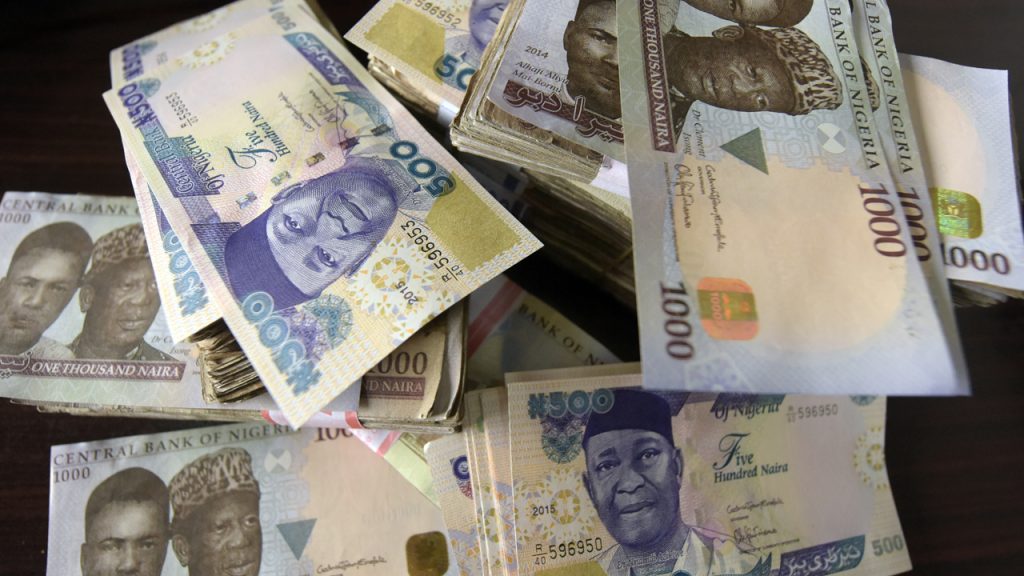
The founder of Tekedia Capital, Professor Ndubuisi Ekekwe, said on Monday that the Nigerian government must stabilise the naira and implement energy subsidies to revive the country’s struggling economy.
The Nigerian tech inventor stated this in reaction to a feature story titled “A resourceful nation buckles”, published by the New York Times on June 13, 2024.
The US newspaper described widespread suffering in Nigeria, with unions striking over low salaries, fatal stampedes for free rice, and hospitals overwhelmed by patients with calcium deficiencies.
The crisis was largely attributed to two major policy changes by the President elected 15 months ago: the partial removal of fuel subsidies and the floating of the currency, both of which had led to significant price increases, the news outlet stated.
In reaction, Ekekwe stated on X (formerly Twitter): “There is no need to fight the press. We need to respond with a better outcome, and that means improving the state of the economy.”
He proposed pegging the naira at 1,000/$ to achieve equilibrium, allowing companies to operate more effectively in a stable environment.
“What we have now is so stochastic that no meaningful business modelling can happen, and that is why this bleeding is escalating,” he noted.
The tech innovator highlighted two primary factors for economic stabilisation: reversing the floating of the naira and stabilising energy costs.
“The biggest challenge today is not that the naira is exchanging at 1,500/$ or 1,400/$. The issue is that the volatility makes it impossible for companies to plan and for investors to invest. Pegging the naira will deal with that volatility immediately,” he explained.
On energy costs, Ekekwe recommended full subsidies for industrial customers while allowing commercial and residential users to pay full rates.
“If we do not deepen the industrial base, the vicious cycle will continue. To tame inflation and help companies produce goods, we need to assist them with energy costs, which have gone up significantly. But do not give them money; use rebates so that only real industrial customers will benefit,” he advised.
President Bola Tinubu announced the removal of fuel subsidies and the floating of the naira, which led to significant economic turmoil in the country.
The fuel subsidy removal caused an over 200 per cent increase in the price of petrol, from N189 to N580 per litre, resulting in higher costs for transportation, manufacturing, and agriculture.
The floating of the naira caused it to lose value, leading to rapid inflation and a decline in purchasing power.
Meanwhile, the Special Adviser to the President on Information and Strategy, Bayo Onanuga, stated on Sunday that the report painted a dire picture of some Nigerians’ experiences amid the inflationary spiral of the last year and unfairly blamed it all on the new administration’s policies.
He argued that the report, based on several interviews, was at best jaundiced, portraying all gloom and doom without mentioning the positive aspects of the economy or the amelioration policies being implemented by the central and state governments.
Onanuga emphasised that Tinubu did not create the current economic challenges but inherited them.
As a respected economist in our country once put it, Tinubu inherited a dead economy.
“The economy was bleeding and needed quick surgery to avoid being plunged into the abyss, as happened in Zimbabwe and Venezuela,” he noted.




